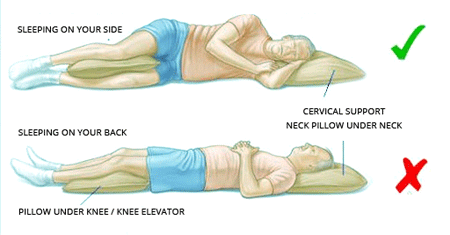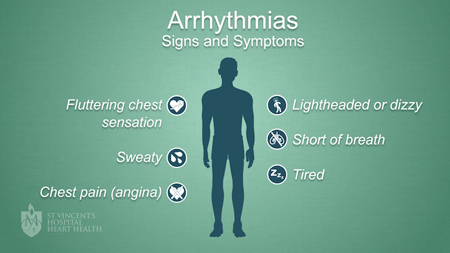Snoring can be dangerous: See its Health Risks, Causes, and Treatments

Snoring can be common in people of any age group being most common in men of 40-60 age group. It can be a minor but can have a devastating effect on health.
Snoring is a common health condition that can affect people of any age group. However, it occurs more frequently in men and people who are overweight signaling towards various health problems. Snoring has a capacity to worsen with growing age.
And yes, in many cases snoring can be nothing more than an annoyance for your partner. In contrast, there could be some potential health hazard hidden behind the cause.
What is Snoring?
Snoring is a condition where an individual makes a snorting or rattling noise when they breathe during sleep. It can be more than just a bedtime annoyance that should not be ignored by an individual.
It is caused by the vibration of soft tissue in your head and neck as you breathe in and out during sleep.

According to the National Sleep Foundation, more than 18 million American adults have sleep apnea and many of them were unaware of the fact. Some people think that it's just a side effect of their busy lifestyle and nothing more.
Causes
There are several causes of snoring. Let's take a brief look at some of the potential causes of frequent snoring:
1. Age
As you grow older, you need to make an extra effort to keep your body well-toned as the body naturally begins to relax. Aging leads to the relaxation of the muscles of throat and tongue resulting it to fall back into the airways. Hence the obstruction in the airways leads to snoring.
Aging leads to the relaxation of the muscles of throat and tongue resulting it to fall back into the airways. Hence the obstruction in the airways leads to snoring.
2. Weight
People with excess weight issue have a higher chance to have sleep apnea. If you are overweight you have an excess of built-up fatty tissues in the throat with a poor muscle tone.

It causes restriction of your throat muscles, that causes snoring.
3. Alcohol consumption, smoking, and medications
Daily consumption of alcohol, smoking, and excessive medication can have many serious effects in human body. Apart from that, it can cause a effect in the throat muscle causing it to relax.

As a result, it disrupts the air flow. Smoking also irritates the nasal passages and throat muscles causing inflammation of these areas and further restriction of airflow.
4. Nasal and sinus problems
Seasonal allergies and sinus infections can cause inflammation of the nasal passages making the breathing mechanism difficult. A deviated septum can also cause snoring due to the imbalance in the sizes of breathing passages.
5. Sleep posture
Sleeping posture also has a key role in snoring. Sleeping on your back puts you at a higher risk of snoring. The tissue at the back of the throat can more readily fall back and cause partial or complete blockage of airways leading to snoring.

Change the sleeping posture to avoid snoring.
Health Risks
Snoring and sleep apnea has a deep interconnection. Snoring can be a red flag of certain serious health issues. Here are some of the health risks associated with snoring:
1. A strain on Heart
Untreated obstructed sleep apnea often results in high blood pressure. It leads to the increment in the heart size creating a higher risk for heart attacks and strokes.

In fact, data suggest that people with sleep apnea are twice as likely to have both nonfatal heart disease events and fatal heart attacks.
2. Arrhythmias
People with long-term snoring or sleep apnea risk developing an irregular heart rhythm, or arrhythmia. As per a research, it's been proved that people with sleep apnea have episodes of atrial fibrillation.

Apnea may affect the conductive system of the heart with the enlargement of the left atrium over a long period of time.
3. GERD
Gastroesophageal reflux disease, or GERD, is very common in people who snore. People having sleep apnea also have inflammation in the throat making difficulty in breathing.
Both GERD and snoring have a direct association with overweight.
4. Injury
It is one of the serious consequence of snoring or sleep apnea. It may make you fall asleep during the daytime, perhaps while driving.

An analysis of health information and driving data for 618 adults over 10 years showed that the sleepier people felt during the day, the greater their risk for a car accident.
5. Mental Health Issues
Sleep apnea can affect your mental health as a result of lack of sleep leading to serious depression. There is a serious link between snoring, sleep apnea, and depression.

It is also associated with anxiety symptoms along with mild depression.
Some other health complications include a headache, nocturia, less sexual satisfaction, fetal complications, and excess weight.
Treatment
There is no complete cure of snoring but some improvement in the condition is definitely possible.
- Change in the lifestyle, such as losing weight.
- Use of anti snoring devices, such as mouth guards or nasal strips.
- If anti snoring device is not effective, surgery may be an option. It involves removing the soft tissue that causes snoring or preventing the tissue from vibrating by causing it to tighten.
- It's important to be aware that surgery can often have a limited effect lasting one to two years.
For more updates and more health related articles visit our official page.
